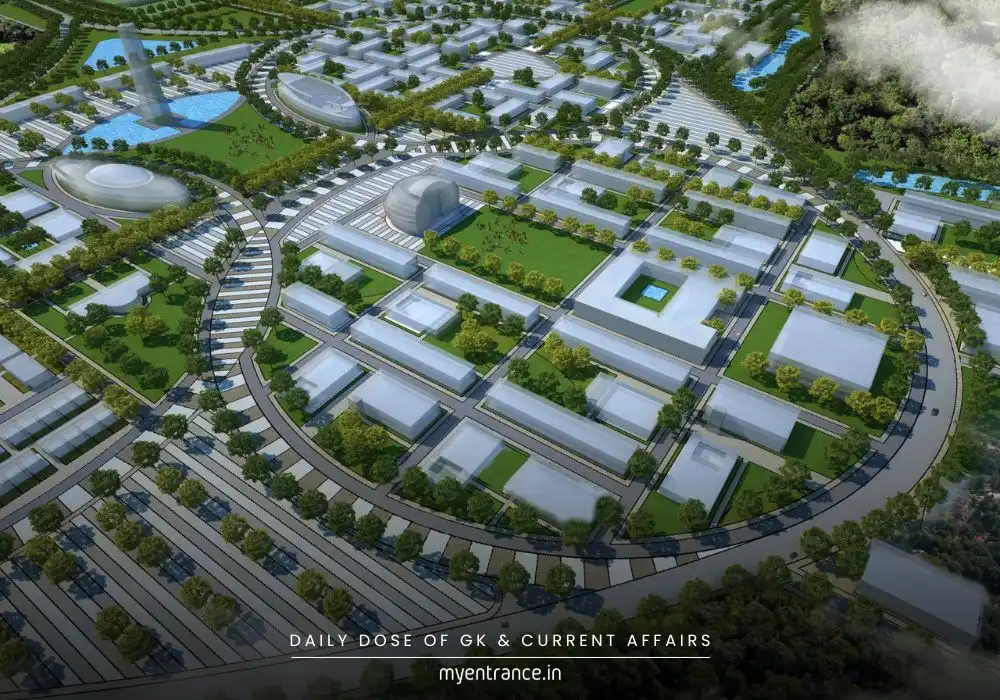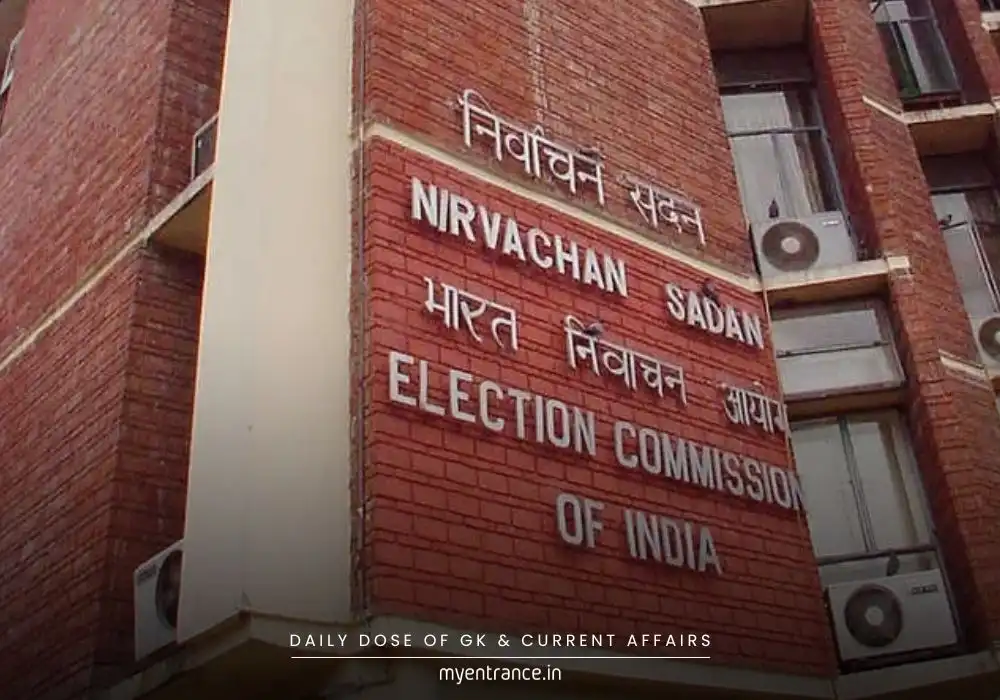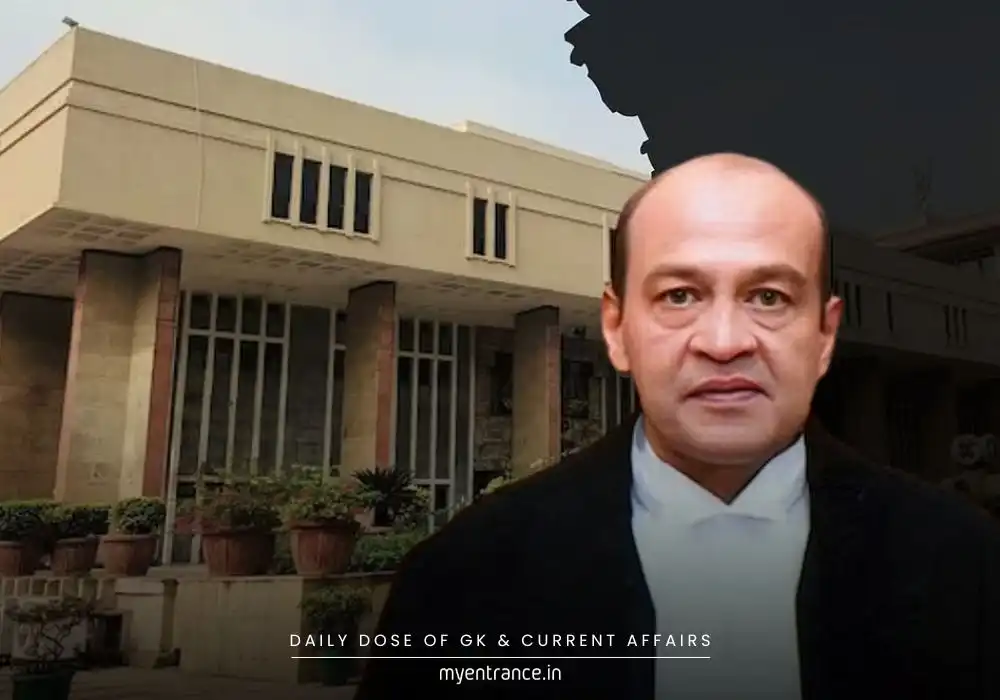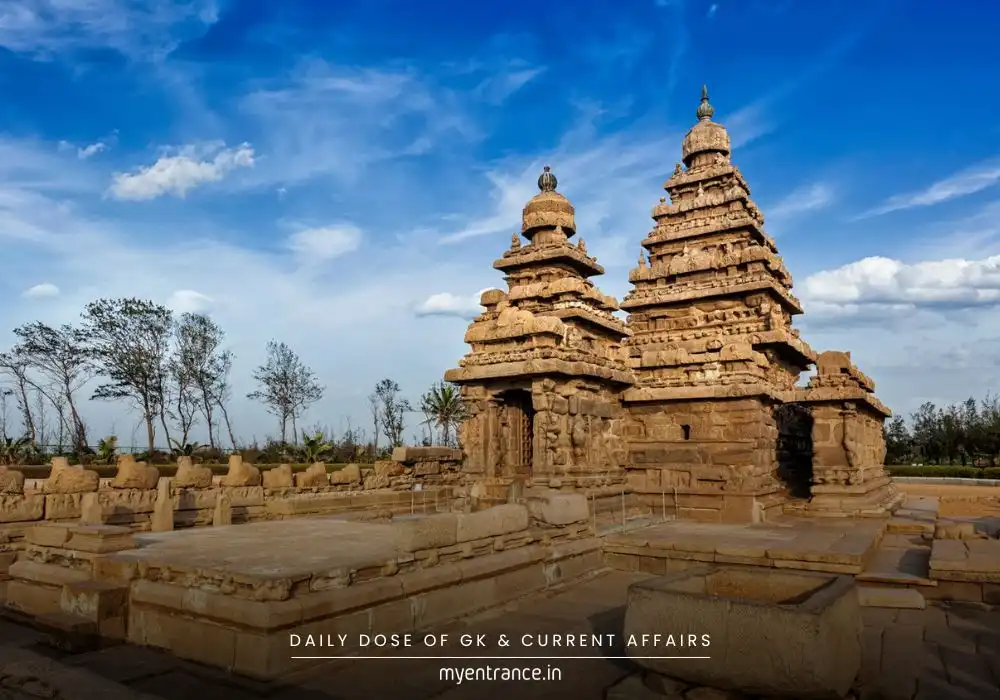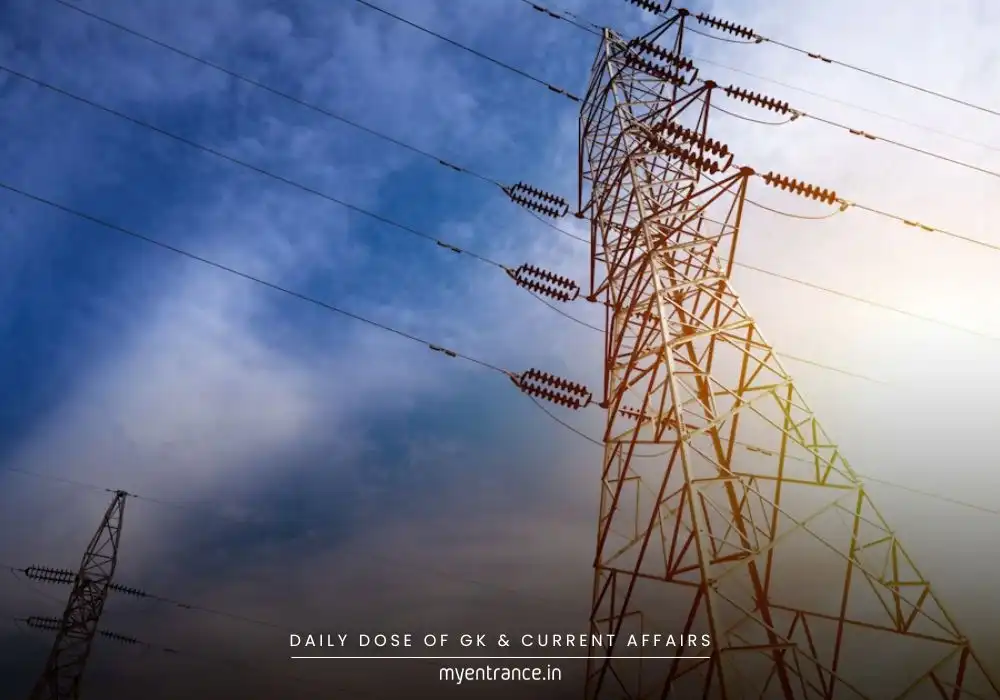Translate Language
Why 78% of India’s Coal Plants Skip Anti-Pollution Upgrades: A Win or Risk?
In a major policy shift, India exempted 78% of coal-based thermal plants from installing critical anti-pollution devices. This decision reshapes air quality management and holds key implications for environmental governance—a hot topic for competitive exams like UPSC, PSC, and SSC.
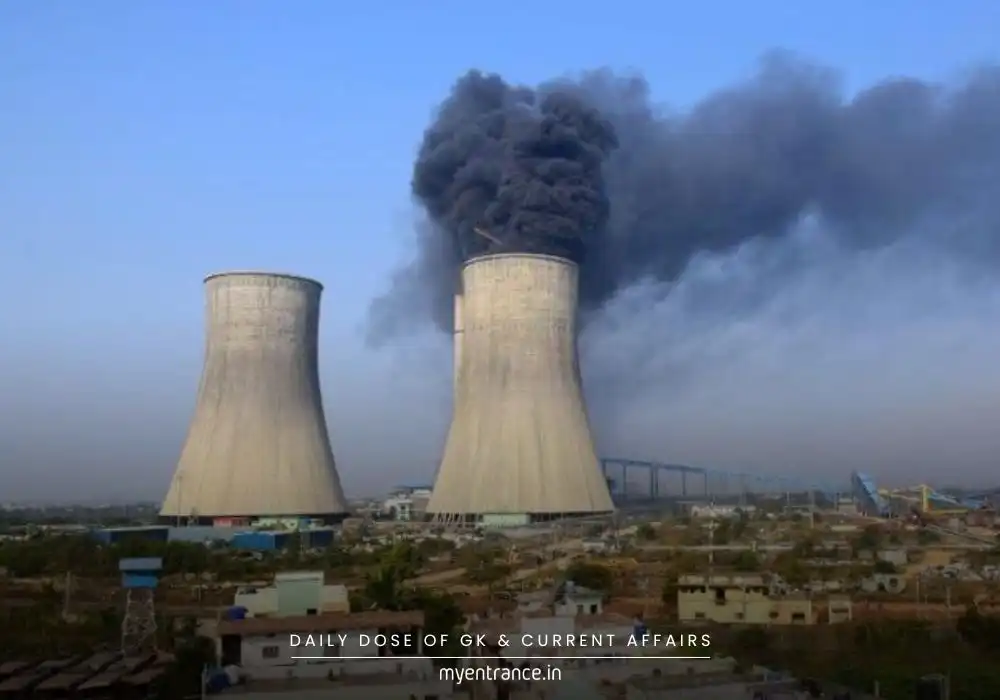
Why 78% of Coal Plants Avoid Anti-Pollution Upgrades
In July 2024, India’s Environment Ministry relaxed emission norms for coal power plants, freeing 78% of thermal units from mandatory installation of Flue Gas Desulphurization (FGD) systems. These devices cut toxic sulphur dioxide (SO₂)—a prime contributor to deadly PM2.5 pollution. Here’s why:
Location-Based Exemptions
Category C plants (outside cities or critically polluted zones) skip FGDs entirely.
Category B units (near non-compliant air quality areas) face case-by-case decisions.
Only Category A plants (within 10 km of Delhi-NCR or million-plus cities) must install FGDs by 2027.
Early Retirement Clause
Plants retiring before December 2030 avoid FGDs by submitting a formal undertaking. Those operating beyond 2030 pay ₹0.40/unit as environmental compensation.
The ‘Low Sulphur’ Argument
A National Institute of Advanced Studies report claims Indian coal has naturally low sulphur content. Installing FGDs universally could increase CO₂ emissions (via extra power use) while only curbing short-lived SO₂.
Controversy & Health Risks
Critics slam the move as a health gamble:
SO₂ causes 34% of India’s PM2.5 pollution (Centre for Research on Energy and Clean Air).
Linked to asthma, heart attacks, and premature deaths, especially near coal clusters.
SO₂ levels rose near power plants between 2019–2023, worsening urban air quality.
Why the Policy Shift?
The government seeks to balance energy security and compliance costs for discoms. Yet, experts argue exemptions prioritize economics over public health—especially in non-urban areas where enforcement is weaker.
Sample Q&A for Exam Prep:
Q1: Why did India exempt 78% of coal plants from FGD installation?
A1: Exemptions apply to Category C (remote) plants and units retiring by 2030, citing low-sulphur coal and cost efficiency.
Q2: How does SO₂ pollution impact human health?
A2: SO₂ causes respiratory illnesses, heart disease, and forms PM2.5—responsible for 34% of India’s particulate pollution.
Q3: Which regulatory body sets SO₂ emission norms for thermal plants?
A3: India’s Environment Ministry, under the Environment (Protection) Act, 1986.
Q4: What penalty applies to plants operating post-2030 without FGDs?
A4: A compensation of ₹0.40 per unit of electricity generated.
Q5: Why do critics oppose the FGD exemptions?
A5: Experts warn it prioritizes cost savings over health, risking higher SO₂ pollution in vulnerable regions.
Get 3 Months Free Access for SSC, PSC, NIFT & NID
Boost your exam prep!
Use offer code WELCOME28 to get 3 months free subscription. Start preparing today!



